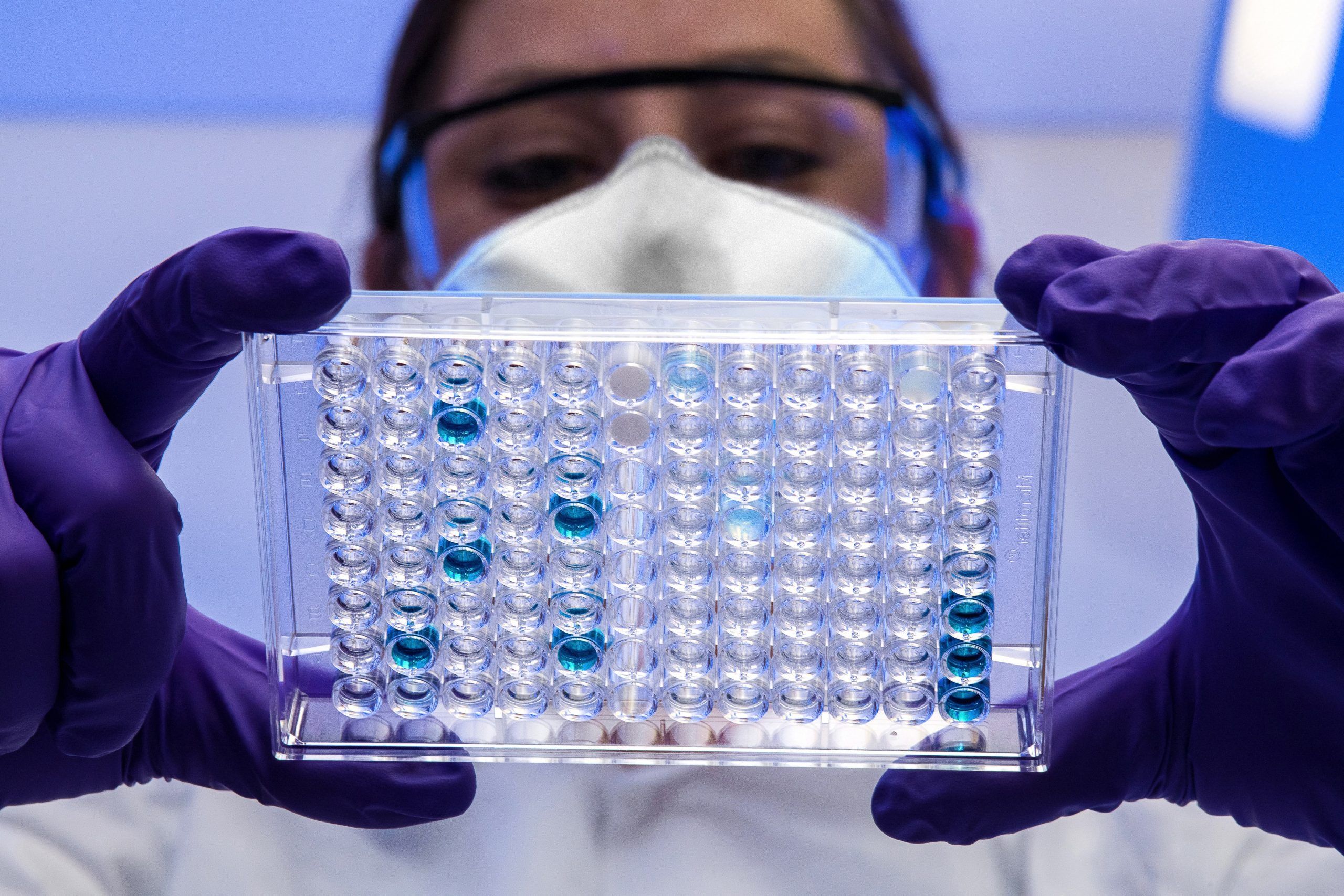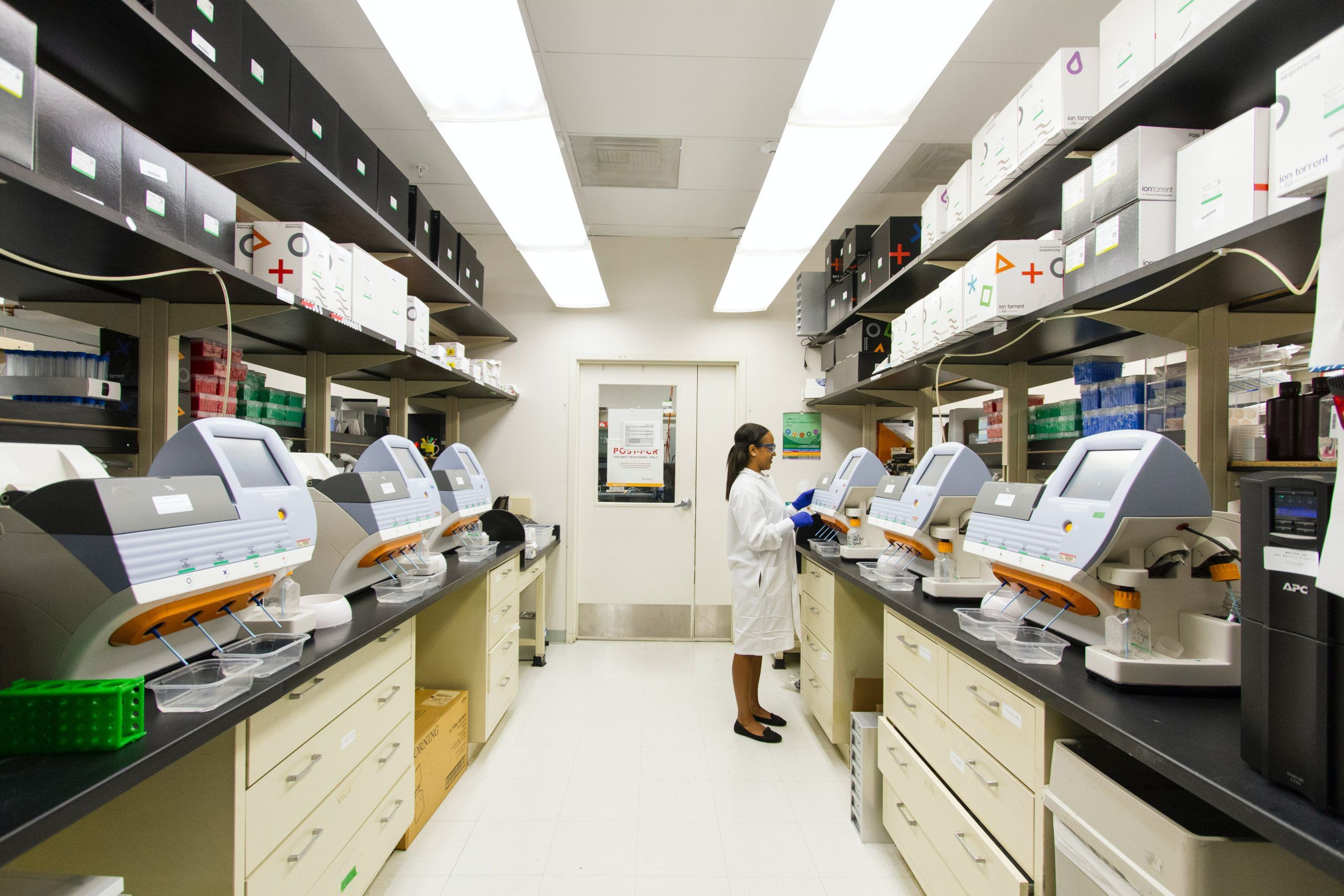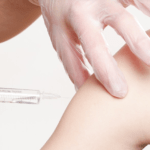MEPs adopted the report on new rules governing the use of so-called substances of human origin (SoHO) in the EU, with 483 votes in favour, 52 against and 89 abstentions. The measures apply to substances – such as blood and its components (red/white cells, plasma), tissues and cells – used for transfusions, therapies, transplantations or medically assisted reproduction.
MEPs insist that donations of those substances must always be voluntary and unpaid, with donors able to receive compensation or reimbursement for losses or expenses incurred during the donation process. They stress that compensation should not be used as an incentive to recruit donors, nor lead to the exploitation of vulnerable people.
To ensure the EU has its own independent supply of these substances, MEPs want an EU strategy to ensure their availability, an EU list of critical SoHOs, and the establishment of “national emergency and continuity of supply plans”.
Quote
After the vote, rapporteur Nathalie Colin-Oesterlé (EPP, FR) said: “This law is crucial to the safety of donors, the well-being of patients, the security of supply, and the development of innovative medical techniques in Europe. By improving the coordination and exchange of information, the flow of SoHO and associated medical expertise will be facilitated for the benefit of European patients. While Europe currently imports a portion of its SoHO needs, including 40% of the plasma we use, the compromise we reached commits the EU to securing its long-term supply.”

Antimicrobial resistance remains a health threat in Europe |
Next steps
MEPs are ready to start the talks on the final shape of the legislation, once the Council agrees on its position.
Background
The draft rules put forward by the Commission on 14 July 2022 repeals the blood and tissues and cells directives, in light of new scientific, technical and societal developments. Every year, EU patients benefit from over 25 million blood transfusions, a million cycles of medically assisted reproduction, over 35 000 transplants of stem cells (mainly for blood cancers) and hundreds of thousands of replacement tissues (e.g., for orthopaedic, skin, cardiac or eye problems).
In adopting this report, Parliament is responding to citizens’ expectations to establish common minimum healthcare standards at EU level, as expressed in proposal 10(1) of the conclusions of the Conference on the Future of Europe.
More information: European Parliament






Leave a Reply